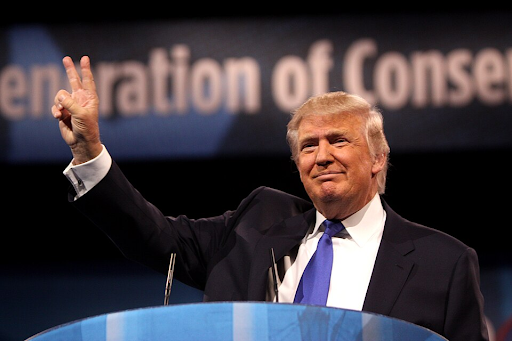President Donald Trump’s latest ultimatum on Russia sanctions is setting up a monumental test of wills: his own decisive, top-down leadership style against NATO’s slow, consensus-based model of decision-making. The outcome will have major implications for the future of the alliance.
Trump’s demand is absolute: a unanimous agreement from all 30+ members to a complete Russian oil embargo is required before he will act. This is a direct challenge to the NATO model, where a single member, like Hungary, can veto a proposal and grind the process to a halt.
Furthermore, his proposal for collective tariffs on China would require an even more extraordinary level of consensus, pushing the alliance into new territory where agreement is even harder to achieve. He is essentially daring the alliance to be as decisive as he is.
This is a clash of political cultures. Trump, via his Truth Social post, has presented a simple, clear-cut plan and expects immediate compliance. NATO, by its very nature, must engage in lengthy, complicated negotiations to accommodate the interests of all its members. This test of wills will determine whether the alliance can adapt to Trump’s pace or if his demands will lead to gridlock.

